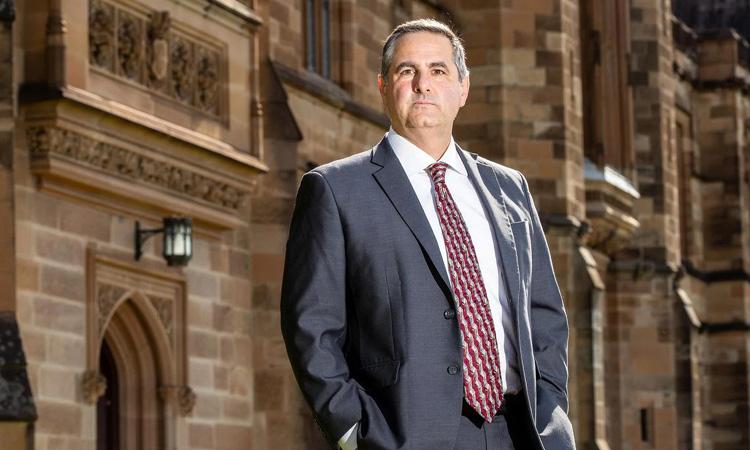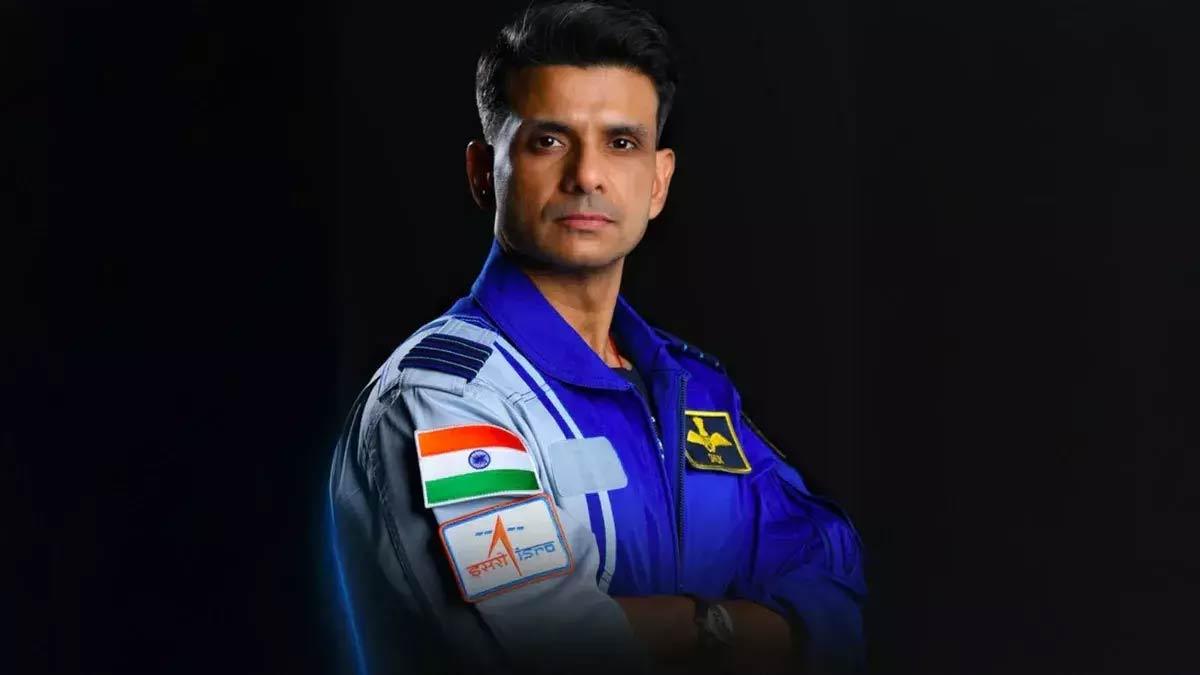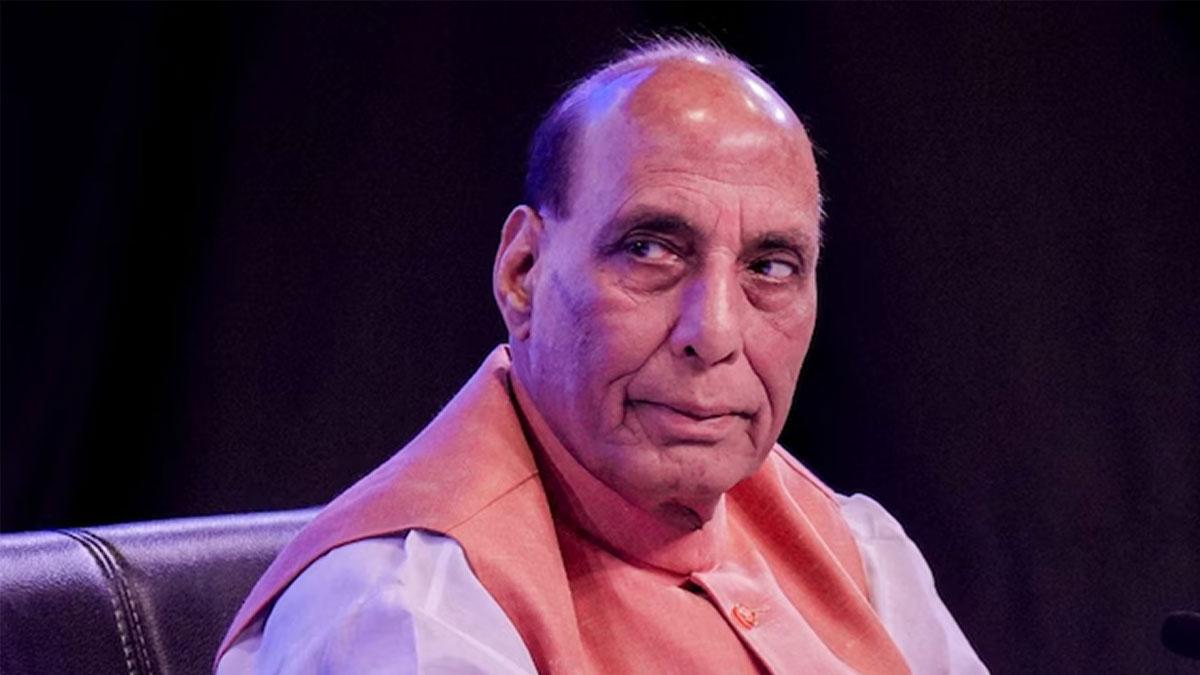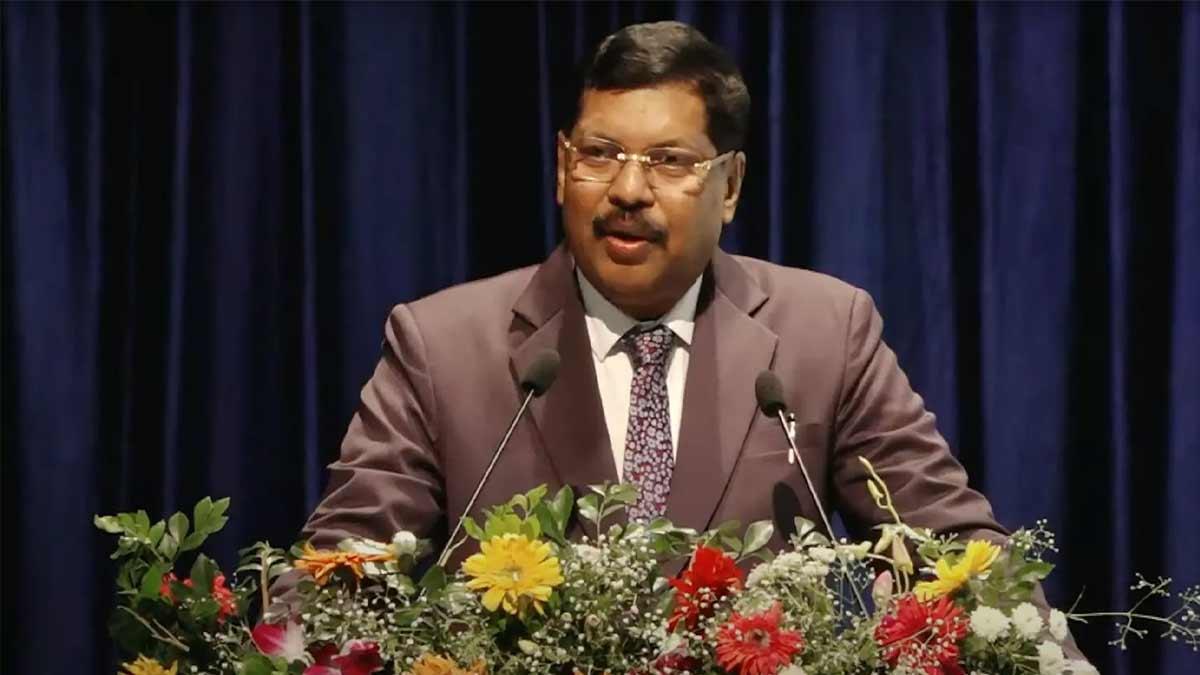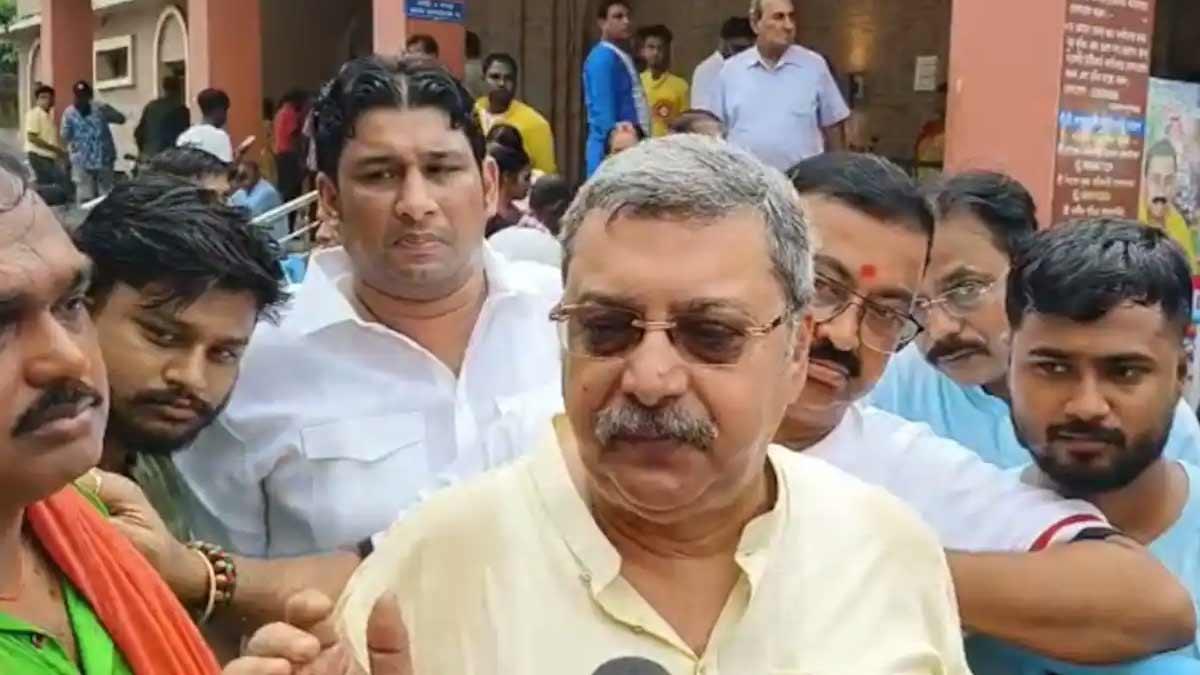Australian sociologist Salvatore Babones has been trending on social media as he made some sensational statements recently that came as a shock to India's intelligentsia. In a series of interactions and columns during his recent India visit, Salvatore Babones, an associate professor of sociology at the University of Sydney, accused India's intellectuals of being "anti-India" as a class. He also pointed out how foreign institutions rank India poorly because of the feedback they receive from this intellectual class that is both "anti-BJP" as well as "anti-Modi". Referring to India's poor ranking on the press freedom metric, the Australian sociologist wondered how can India be placed below Hong Kong which has put severe restrictions on the press after the imposition of the security law in the country that led to the closure of Apple Daily, abduction of its publisher and demolition of its printing presses. Blasting “the West” for hating India, Salvatore Babones said that it was thoroughly “anti-Indian”. Babones said he would not mind being a bhakt (disciple) for India, the world's most successful democracy. Here're 10 sensational statements of Salvatore Babones that he made during his recent tour to India:
1. Salvatore Babones pointed out that India’s rankings by international organisations are biased not because the organisations releasing these rankings are biased against India. He added that it was mainly because of the ant-India mindset of Indian intellectuals.
"Fundamentally, the biases don't creep in (in the indices and rankings) because the ranking organizations are anti-India. They creep in because, and forgive me, India's intellectual class is anti-India; as a class and not as individuals," Dr Babones told Rajdeep Sardesai at India Today Conclave.
The Australian sociologist elaborated on his argument: “Most of the people involved have no interest in India. The problem is that all these rankings are based on surveys. So, all have the same methodology. They survey intellectuals, journalists, and academics based in the country they are studying or students in the country from outside. It is these (survey) reports that are biased."
2. When asked if he considered Indian intellectuals to be “anti-India” or “anti-Modi”, Salvatore Babones said: "There is a bit of both. They are certainly anti-BJP and anti-Modi as a class and not as individuals. But imagine that in a couple of years you get a UPA government. Will they tear down the Ram Mandir? Will they reverse the very policies that are being criticized in these rankings? Will they get rid of the UAPA? So, the basis on which the criticisms are made, those bases will probably remain in place. If they do, then the same criticisms will apply to them.”
3. Defending India’s refusal to condemn Russia over the ongoing war in Ukraine, Salvatore Babones said: "Why is India so close to Russia? One reason is India needs that Russian veto in the Security Council. Otherwise, India will be cast in the UN as a fascist state. The activism won't stop at India's doors. The demonisation of India will continue in the international arena. That's what you should be worrying about."
4. Questioning the methodology behind India’s low ranking on press freedom metric, Salvatore Babones wondered how can Hong Kong be ranked above India.
“The press freedom index now ranks India below Hong Kong. In 2022, which is post the security law, post the closing of Apple Daily, the abduction of its publisher, the demolition of its printing presses, India is ranked below Hong Kong in the press freedom index published by Reporters Sans Frontiers. Now you journalists in India tell me, are you more oppressed than journalists in Hong Kong?" he asked.
Also Read | Noted Australian professor slams western media for anti-India bias
5. Rejecting the charges of deliberate under-representation of Muslims in Indian politics, the professor pointed out that it was mainly because of the lower level of education and income among Muslims.
"When we talk about minorities, people are really only talking about Islam in India. Muslims are severely under-represented in the Indian politics. They are probably severely under-represented in this conference. How many Muslim speakers are at the Conclave? Probably not even 15 per cent. Now there are reasons for that. If there are lower levels of education, lower levels of income, you would expect lower levels of accomplishment at the level of parliamentary seats,” he said.
6. Hailing India as the world's greatest democratic success story, Salvatore Babones pointed out that India is the only country with a GDP per capita of less than $10,000 per year which has remained committed to democracy for decades.
"I became interested in India because when you look at India from a comparative perspective, India is by far the world's greatest democratic success story," he said.
"The first thing we see is that there is no poor democracy. There is no country with a GDP per capita of less than $10,000 per year that has a consistent record of democratic elections going back more than a few decades. India stands out as the exception. It's no surprise that the rich countries are democracies. India is the only poor country that has a well institutionalized democracy. It is the only post-colonial country to have remained a democracy throughout its entire history and it is the only well institutionalized democracy on the Eurasian continent between South Korea and Israel. That makes India a truly exceptional case that drove me to study it," he added.
7. Accusing “the West” of being thoroughly anti-Indian, the professor said that the institutional hatred was getting stronger by the hour.
“Indians will be very familiar with this from their school textbooks, which are full of stories about the anti-Indianism of the colonial era. To be more accurate, British (as well as French and Portuguese) colonisation was specifically anti-Hindu, a tendency that ultimately led to the violence of Partition,” he wrote in First Post.
8. Accusing US media and Hollywood of making a lot of money from China, Salvatore Babones said that China's burnished image was entirely because of money and it was despite India's democracy and China's authoritarianism.
"I would like to be the bhakt (disciple) for the world's most successful democracy," he said while speaking at an event organised by the Shyama Prasad Mookerjee Research Foundation (SPMRF) in New Delhi.

